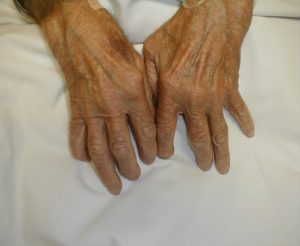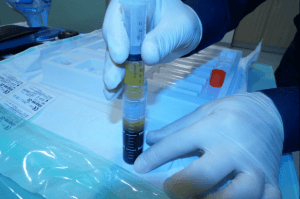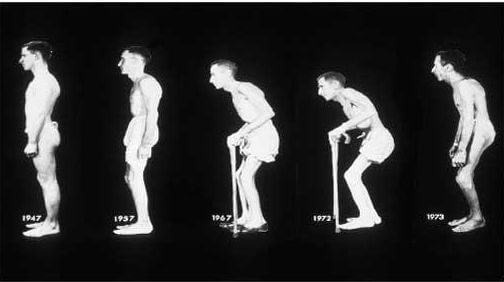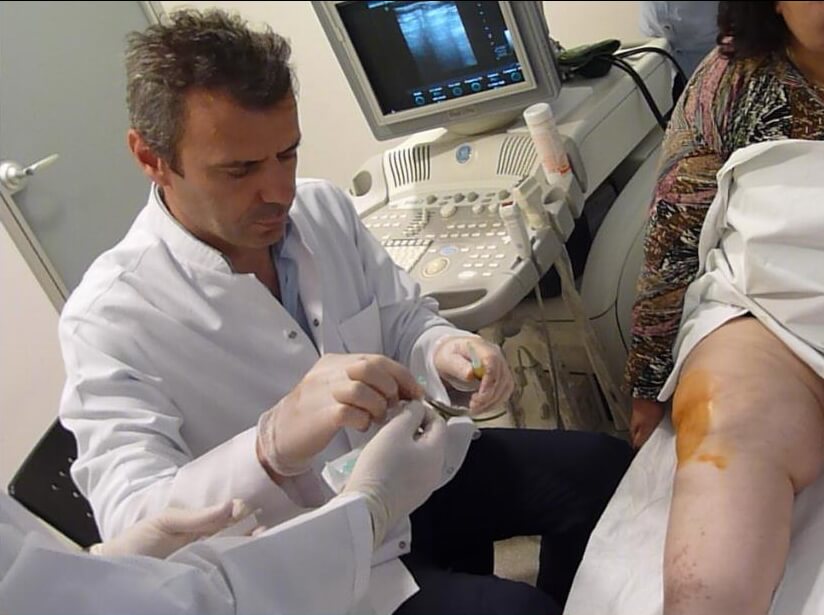What is the explanation of rheumatic disease ?

Rheumatic diseases are generally described as disorders caused by an inexplicable disorder of the immune system (autoimmune) that generally affect the joints and sometimes internal organs. Numerically, there are actually only a limited number of diseases. However, same rheumatic disease can have various differenet manifestations in individuals. Cases of osteoarthritis are included in this category while its action mechanism is highly different from the autoimmune system triggered rheumatism diseases.
What Are The Causes of Rheumatic Diseases?
 The causes of the diseases in this group has not been fully discovered yet. It is believed that these diseases are triggered by environmental factors in patients with genetic predisposition. For example, for some rheumatic diseases, the members of the same family are at higher risk of developing these diseases. However, it is also possible that one of the twins develop rheumatic diseases while the other does not. This suggests that the causes cannot be explained by genetics. An agent (usually viruses) causes the body to somehow produce substances that harm the joints and tissues. Indeed, immune suppressive drugs provide recovery from the symptoms of inflammatory rheumatism diseases.
The causes of the diseases in this group has not been fully discovered yet. It is believed that these diseases are triggered by environmental factors in patients with genetic predisposition. For example, for some rheumatic diseases, the members of the same family are at higher risk of developing these diseases. However, it is also possible that one of the twins develop rheumatic diseases while the other does not. This suggests that the causes cannot be explained by genetics. An agent (usually viruses) causes the body to somehow produce substances that harm the joints and tissues. Indeed, immune suppressive drugs provide recovery from the symptoms of inflammatory rheumatism diseases.
What Are The Most Common Rheumatic Diseases?
Two primary diseases stand out in this group: rheumatoid arthritis and ankylosing spondylitis. These two diseases represent almost over 80% of the rheumatology practice. Psoriatic arthritis, sjogren’s syndrome and gut are among the other common inflammatory rheumatic diseases. Other spondylopathies (inflammatory spinal rheumatisms); spondylopathies secondary to inflammatory bowel disease; and psoriatic spondylopathies are relatively rare. Cases of juvenile arthritis developed in childhood period are also not common. Systemic lupus eritomatozus in accompany with internal organ involvement, systemic sclerosis, vasculites (Behçet’s disease) are relatively rarely encountered types of inflammatory rheumatism.
Who Can Provide Treatment for Inflammatory Rheumatism Patients?

Rheumatology and physical therapy doctors (physiatrists)vcan provide treatment for the patients in this group. A rheumatology doctor is a physical therapy or internal diseases specialist with an addition of 2 years master degree in rheumatology. Hence, some of the rheumatologists are doctors specialized in physical therapy while some are doctors specialized in internal diseases. Up until the last 15-20 years in our country, physical therapy specialists would provide treatment for rheumatic diseases. The reason is that residency training for this branch included the treatment of rheumatic diseases. With the increase in the number of rheumatology specialists, some of the physical therapy specialists providing treatment in this patient group have started to decrease. While the others kept on this practice. In the light of this fact, the Ministry of Health granted physical therapy specialists without a masters degree the authority to prescribe almost all medicines used in the treatment of rheumatic diseases. And this enabled physical therapy specialists familiar with the current advancements in rheumatic diseases who practice both in private and public and university hospitals to achieve treatments for patients in this group.

Are Drugs The Only Treatment Option For Rheumatic Diseases?
Drugs are of importance for the treatment of rheumatic diseases, for sure. Especially for the last decade, we have more treatment alternatives in alignment with the advancements in treatment with biological agents. Nonetheless, exercise is actually a crucial treatment option for the patients in this group but it is usually underrated by the doctors. Drugs may provide regression for the joint inflammation but they also have limited effect on correcting joint deformities and regaining joint functions. Thus, these patients must be prescribed with a preventive exercise program. Rheumatic diseases are chronic and disabling disorders. Thus, it is of crucial importance that these patients are early diagnosed, prescribed with an appropriate drug therapy and a preventative exercise program.
Watch The Video for The Treatment of Rheumatic Diseases

